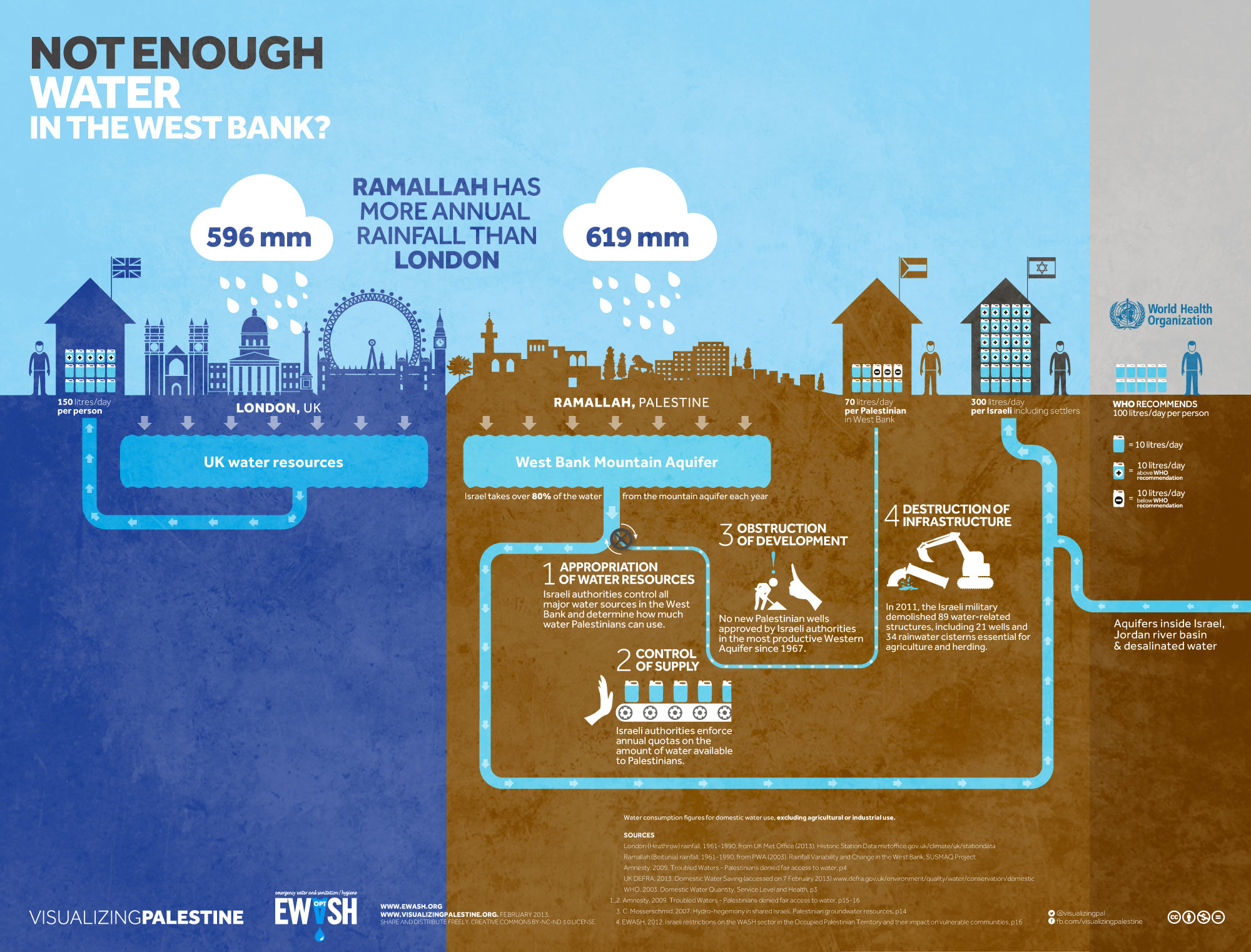Economics and Policy
Cyprus is making good progress in meeting the conditions of its multibillion-euro bailout, but the high level of uncertainty over its economic outlook means that authorities must remain vigilant, the country’s international creditors have said.
Egypt’s state gas company EGAS will cut back on the amount of gas it supplies to factories to keep electricity plants running instead during the peak summer months.
The Eid Al Fitr paid holiday for private sector employees in the UAE will likely be August 8-9, if Ramadan is 29 days this year.
More than 5.5 million tourists visited Dubai in the first half of 2013, an 11.1 percent year-on-year increase.
Companies and Business
The UAE's largest port company DP World has announced that challenging market conditions meant the amount of goods shipped through its ports fell 5.8 per cent during the first six months of the year.
Wijaya Karya (Wika), the Indonesian government controlled construction company, has drawn up plans for a seven-tower hotel complex in Makkah, Saudi Arabia worth an estimated $1.1bn.

![Thursday[12][28]](https://www.executive-magazine.com/wp-content/uploads/2014/01/Thursday1228.jpg)

![Thursday[12][27][1]](https://www.executive-magazine.com/wp-content/uploads/2014/01/Thursday12271.jpg)
![Tuesday[44][1]](https://www.executive-magazine.com/wp-content/uploads/2014/01/Tuesday441.jpg)

![Monday[44]](https://www.executive-magazine.com/wp-content/uploads/2014/01/Monday44.jpg)

.jpg)
![Monday[43][1]](https://www.executive-magazine.com/wp-content/uploads/2014/01/Monday431.jpg)











